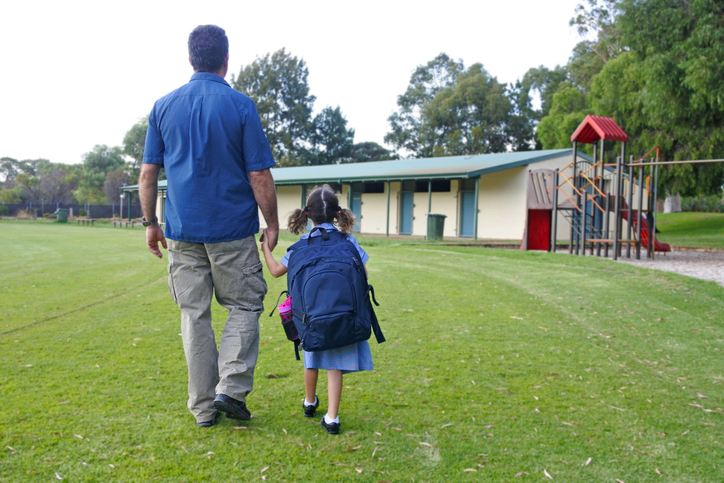
The following blog was contributed by Brooke Mabry, strategic content design coordinator, and John Cronin, PhD, senior research fellow, at NWEA in Portland, Oregon.
The coronavirus has turned the world upside down—especially for educators and the kids who count on them. As noted in a recent NWEA brief, students may return to school in the fall with only 50–70% of typical learning gains.
Dire as the situation is, there’s a lot we can do to mitigate the damage. Here are seven recommendations. Learn more about them on the NWEA blog, Teach. Learn. Grow.
1. Know your students before next year starts
Many students and families are experiencing trauma, from the loss of a loved one to the loss of a livelihood. Even for students lucky enough to avoid major trauma, these uncertain times won’t be forgotten easily. All these things may impact students’ ability to learn.
Authentic, supportive teacher-student relationships provide a strong foundation for learning. Encourage teachers to connect with their students and ask how they are.
2. Identify what standards and curriculum are interrupted by school closure
What content would students have been exposed to if schools hadn’t closed? Review each grade level’s scope and sequence from the time your school closed to prioritize the key standards, concepts, and skills to formatively assess and plan for in the coming year.
3. Make a plan to integrate priority standards and curriculum into next year’s scope and sequence
Decide how you’ll integrate important content from prior grades into the coming school year for those students who need it. Establish how you’ll continue to advance learning for students who are ready for grade-level instruction and beyond.
4. Assess priority standards as soon as the year starts
Have formative or teacher-developed assessments ready to go that are designed to identify the key skills and concepts from the prior grade that students are likely to have missed. Paired with prioritization of standards and adjustments to scope and sequence, formative assessment will help educators and students partner well.
5. Collaborate with colleagues to develop creative schedules that support flexible, small-group instruction
It’s highly likely assessments will reveal widely variable student learning needs. Plan to address differentiated instruction to maximize the targeted support students need.
6. If you are an NWEA partner, look to MAP Growth for help
The Learning Continuum linked to MAP® Growth™ can identify key concepts and skills students are ready to learn. Educators can also use it to connect student RIT scores to the likely missed skills and concepts from prior grades.
7. Reflect on and lean into what is already working
Hold steady, take inventory, and reflect on what has worked, both across the school year and now. Teachers, students, and families need an anchor, and holding firm on using the resources, products, and materials that are tried and true will provide just that.
About the Authors
Brooke Mabry has more than 17 years of experience in education and joined NWEA in 2016 as a professional learning consultant. She now serves as strategic content design coordinator of the Professional Learning Design team. Brooke began her career as a high school English teacher in Asheville, North Carolina, and holds undergraduate and graduate degrees in education from Western Carolina University. She also holds national board certification in adolescence and young adulthood English language arts. She’s deeply committed to fulfilling the NWEA mission, Partnering to help all kids learn.
John Cronin’s work focuses on helping teachers, administrators, and school board members improve their presentation and use of data in schools. He provides consultation related to testing issues and the use of data to the US Department of Education, Texas Association of School Administrators, New York State Council of School Superintendents, Confederation of Oregon School Administrators, and District Administration Leadership Institute. Dr. Cronin is an expert in data application and design, accountability and teacher evaluation policy, and issues related to testing ethics and integrity. He’s published articles on these topics in Phi Delta Kappan and NASSP Bulletin, and has been a featured blogger for HuffPost. Dr. Cronin holds a PhD in educational studies from Emory University.
